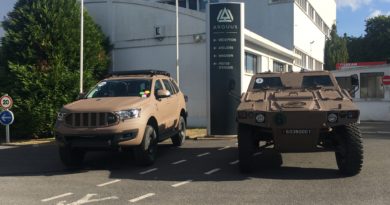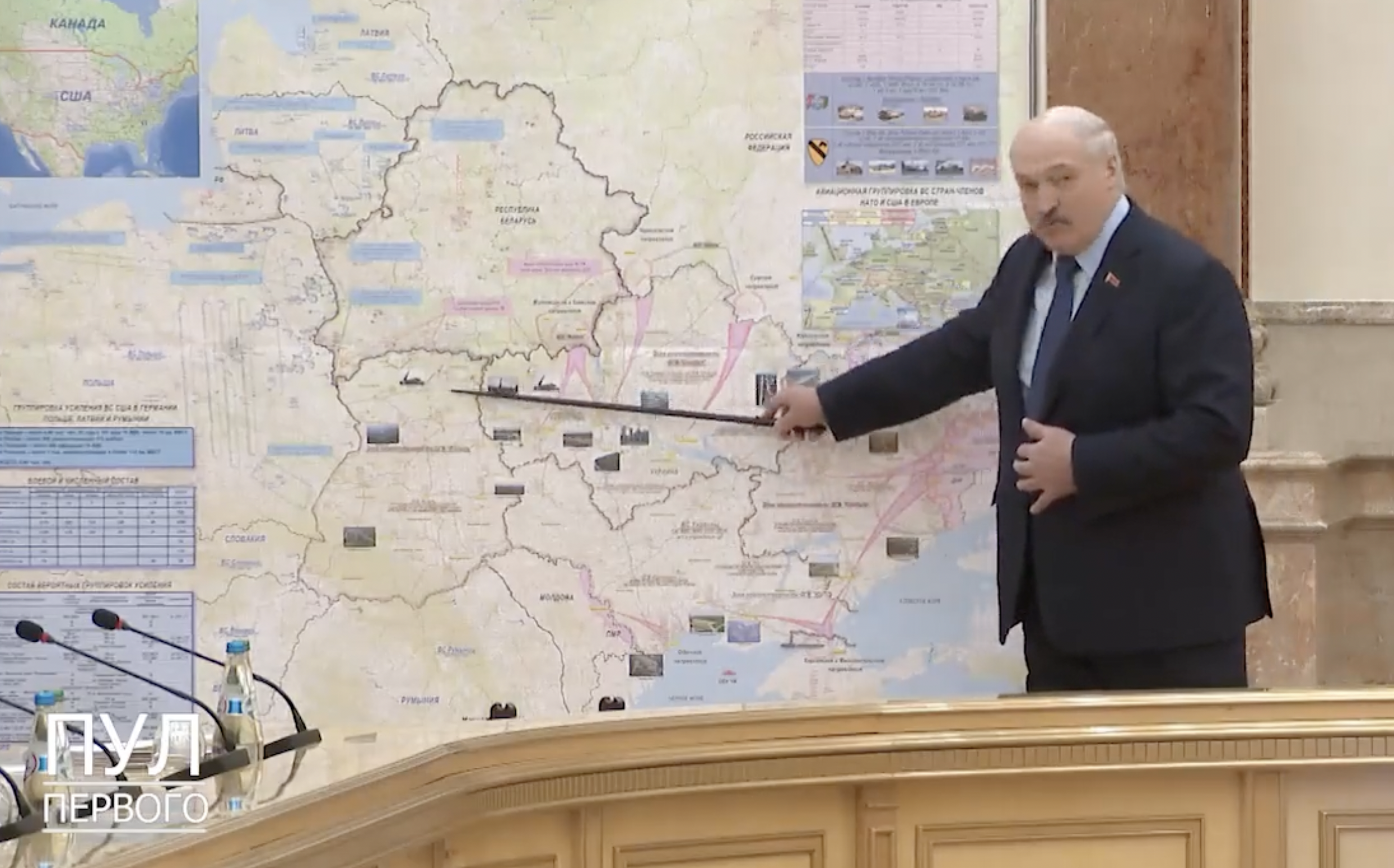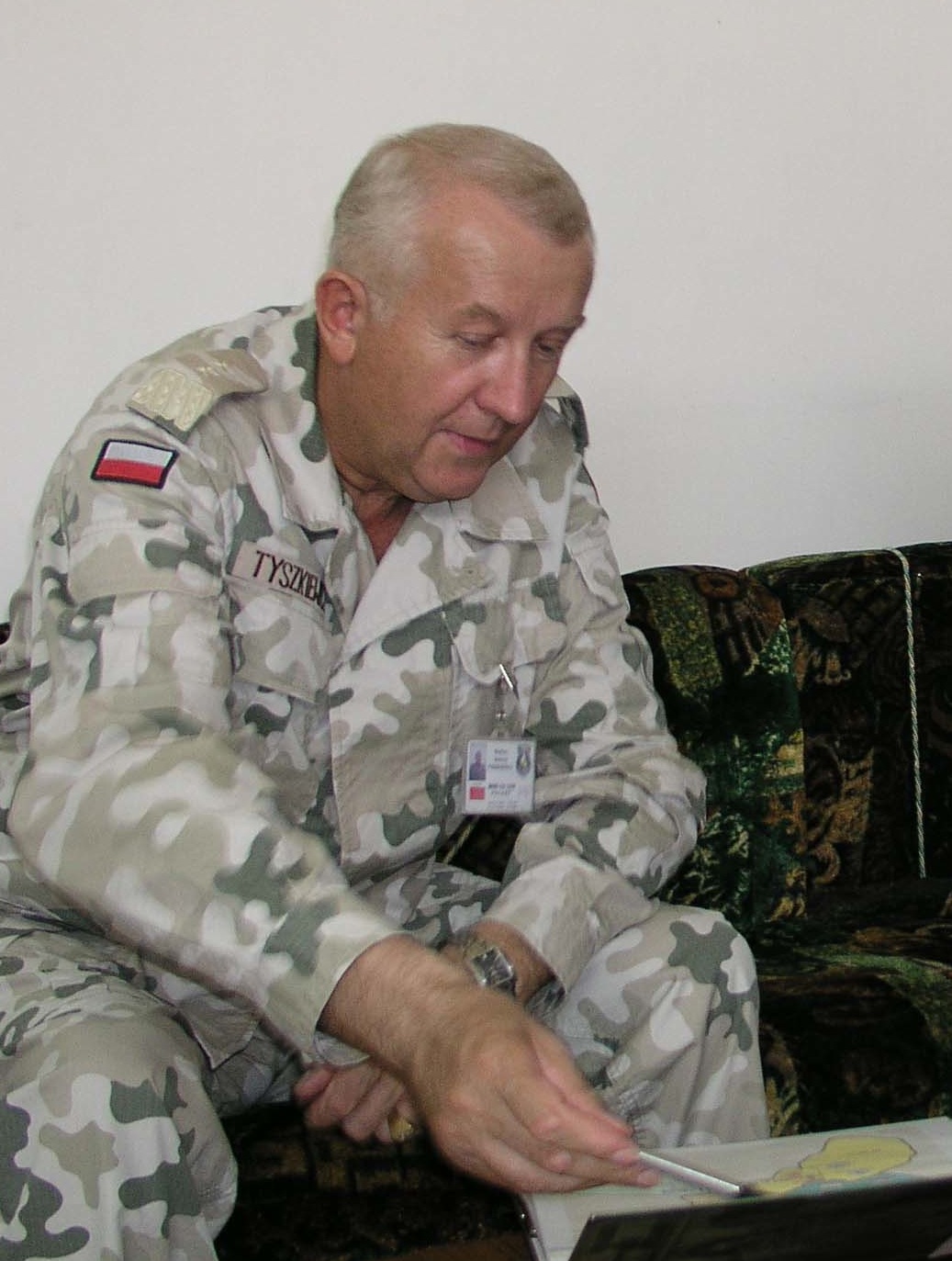Story of Georgia 2: Kitsnisi, a small miraculous village
A small village between Gori and Tshinkvali, in the former buffer zone from which the Russians withdrew. To get there, we take a small road between the fields, barely passable. And we arrive at Kitsnisi. This small development of several one-storey buildings withstood the “last” war rather well.
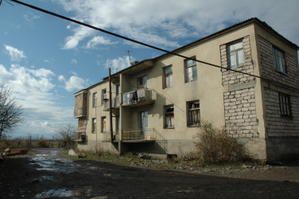
Amazing? No, not quite. When you cross the old “buffer zone” (security zone), you cannot say that there was a complete raid. But we fought. Each village has at least one, two, three destroyed houses, charred roof, torn windows, shattered stones (photo in another village). Sometimes more. But I did not see a razed village. The barracks and strategic sites were, on the other hand, well pounded.
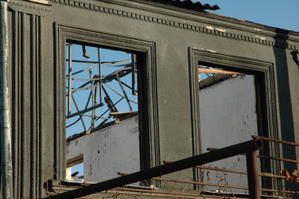
I arrived there a little by chance... thanks to a (charming) Georgian colleague, who also works for theNGO Care, and invited me to follow her (she must not have insisted too much!). The humanitarian organization distributes kitchen utensils, blankets. This is the third time they have come back. The aid is funded by the German Foreign Office, UsAid and the European Community. “I chose this village because they hadn't received anything,” explains Care's “distribution manager”. And indeed, a resident confirmed it to me. “This is the first European aid we have received, apart from Israel”. The locals are happy to see us. We will stay there for long hours, instructive. Everyone absolutely wants to tell their story. And we will end up having a coffee, eating tangerines and apples at a local's.

The subdivision was
more or less spared by the war. A house has certainly been largely destroyed by a bomb. Others were damaged. The windows were blown, and the walls a little shaken, sometimes well cracked, by the explosions. On this November day, with the sun, some time before winter, we put the last panes and putty back in place so that the houses, before the arrival of winter. 17 bombs indeed fell on the village, coming from the Russian side (or Georgian perhaps too, because they were taken under fire. "When I saw the Russians coming, I was in a certain way , reassured” explains a resident, “at least we knew that the bombardments would stop.” But no resident was injured or killed.

And almost nothing has been looted. A few men remained here during the hostilities. They hid in the cellars, the fields, only returning at night to the houses. “My (son-in-law's) father, an Ossetian, stayed in the village. He watched over the old people who remained, to give them food”. Boris, too, stayed in the village. His Armenian wife, who took refuge in Ksalka, did not return. She is the only one to have died in the war (from disease). “The others kept themselves informed by telephone. “The Russians didn't do anything to us, they stayed out of the houses. They didn't loot anything,” testifies a resident. "The Russians and Ossetians didn't really enter the village, they passed by, didn't enter the houses and stayed away."

Happy people despite everything. To my question of knowing why they laugh so much, Asia answers me (she is of Armenian origin). "We are happy because we did not see dead people, blood, as in neighboring villages, we did not lose neighbors". She adds “I hope it will end well, and that there will be peace. Without this hope, it is not possible to live”. His character is rather strong. “When she was still here, she was at the crossroads to pray for peace. It was very difficult. But I was sure that if I went to pray there, I
will be heard”.

Tempered characters, there are others. Like Katuna, who had taken refuge in Katuna, but decided to return to recover… the equipment of her daughter who was to be married in
Tbilisi (washing machine, television, household materials, etc.) who had remained in the village. “I took a taxi, passed all the checkpoints, the Russians let me through. Just a glance. The Georgians were more suspicious. Where I came from, why…”.

A real mix. It must be said that the 240 people who live here are a real patchwork of nationalities. Georgians of course, but also Ossetians, Armenians and even a Bulgarian and a Belarusian. A mix that may have spared them. But that is not uncommon in Georgia, especially in this region, where mixed marriages are numerous. Moreover, until August, movements on either side of the “administrative boundary” were common. Some going to Ergneti, not far from here. The others coming to see their families or buy goods in the city (Tshinkvali). "Georgians and Ossetians lived really friendly," says a woman. "It's Russia's fault." A fairly shared sentiment here, it seems. Because now the border is closed, hermetically sealed. And even the "locals" no longer pass.

Here life is tough and the future difficult. The water is at the well. The heating is with wood – which is cut outside. There is, however, electricity and television. And each one is equipped with a Gsm. The cars are rather from another era – a Volga 91 for example – but they start on time. Sign of careful maintenance. The surrounding land, however, was quite rich. But the bombs burned everything. The animals fled. Some crops (apples, potatoes, etc.) were destroyed. Or they could not be harvested and sold as usual. This results in a dead economic loss for these inhabitants. "When winter comes, no one knows how these people will be able to live," a humanitarian official told me.

(NGV)
Copyright pictures - Ngv
Thanks to Tako (for his translation and his explanations), Mischka (our driver),
to Boris, Katuna, Asia, Shota, Vera, Valentina, Inga, Elen and all the others
